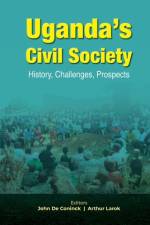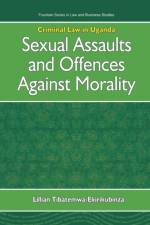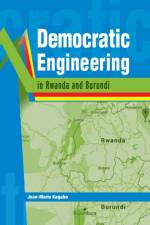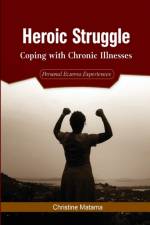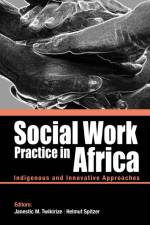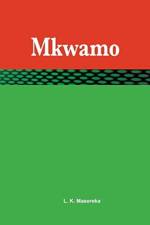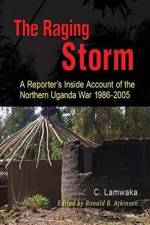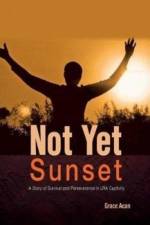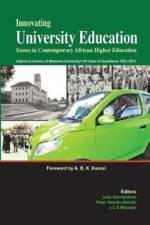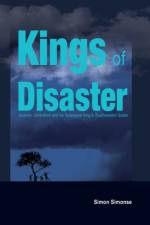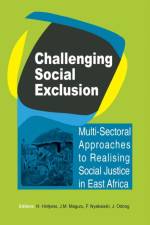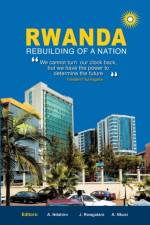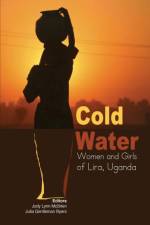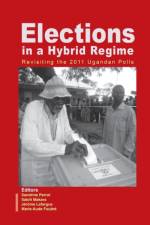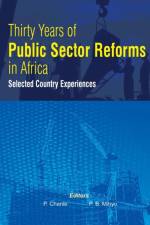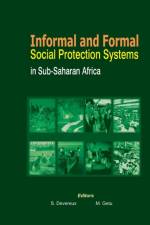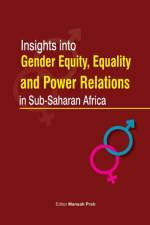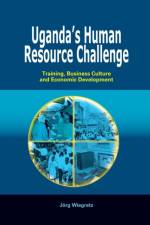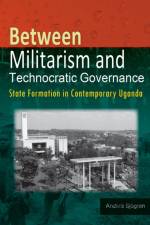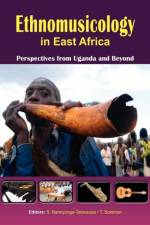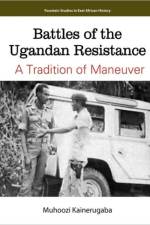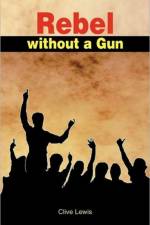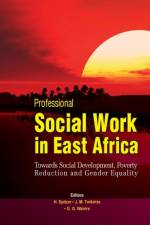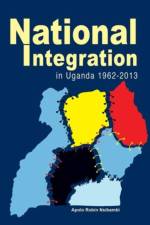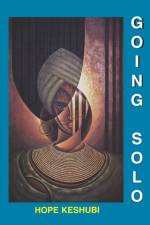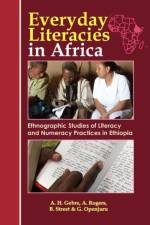av Jeorg Wiegratz & Jorg (University of Leeds UK) Wiegratz
1 071
Despite significant economic recovery and improved macro-economic indicators since 1986, Ugandäs economy continues to face considerable challenges. This book analyses the relationship between economic and human resource development in the country. It identifies deficits in capabilities, skills, know-how, experience, linkage building, and technology use as well as undesirable business practices. These shortcomings limit economic diversification, productivity enhancement, job and income creation, as well as poverty reduction. The book calls for more efforts towards human resource development. The current narrow mainstream economic policy focus on macro-economic stability, a favourable investment climate, and improved physical infrastructure alone will not foster economic development and broad-based well-being. The Ugandan people and the private sector need more state support - in addition to the predominant education and health focus of the government and donors - if they are to develop the required human resources. More and better training, enhanced learning at the place of work and an improved business culture are vital. It is essential to focus on technical, organisational, managerial, entrepreneurial, learning, innovative, social, and institutional capabilities. Efforts towards dealing with these challenges will require attention to the political-economic climate of the country. To make the argument, the author covers a wide range of topics such as training and learning, technology, productivity, latecomer development, competitiveness, labour market, MSMEs, entrepreneurship, value chains, cooperation and trust, and human resource management. The book contains more than 130 figures, tables and information boxes. - See more at: http://www.africanbookscollective.com/books/ugandas-human-resource-challenge#sthash.4XThRHxq.dpuf

